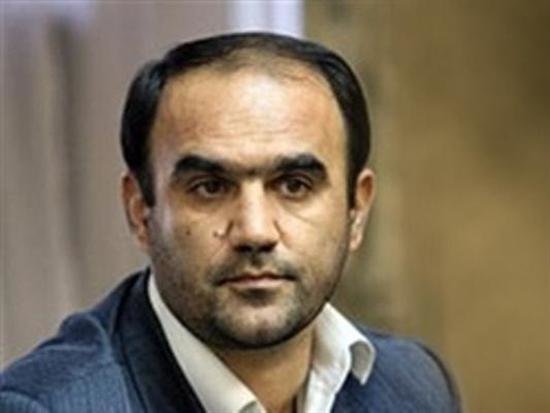To Ban Ki-moon

Last month, the Saudi-led coalition was put on a blacklist over its role in the deaths of children in Yemen. The UN report, which annually shames the worst perpetrators, put the blame on the coalition for 60 percent of 1,953 children recorded as killed or maimed in the conflict in 2015.
However, one week after the UN report, Secretary-General Ban Ki-Moon decided to de-list Saudi Arabia, calling it "one of the most painful and difficult decisions I have had to make."
The UN leader attributed his decision to the effects it would have on other UN programs.
"I also had to consider the very real prospect that millions of other children would suffer grievously if, as was suggested to me, countries would de-fund many UN programs. Children already at risk in Palestine, South Sudan, Syria, Yemen and so many other places would fall further into despair.
There are so many, so many much more serious issues. Because of this, you cannot burn down whole house."
Ban accused Saudi Arabia and its military allies of placing "undue pressure" on the international organization for a changed decision as Saudis had threatened to cut their dollars to UN humanitarian agencies.
The decision has come under heavy criticism by human rights groups, including Human Rights Watch and Amnesty International.
The HRW accused Ban of giving in to “political manipulation” in the wake of furious protests from Riyadh. It said the UN had executed a “shocking flip-flop.”
Amnesty International decried “blatant pandering”, which it said “damages the credibility of the UN as a whole” while Oxfam described the decision to retract its findings “a moral failure.”
Now that the UN chief has come clean with Saudis’ threatening mechanism gives rise to grave skepticism over the credibility of the international body.
Nobody knows for sure if other UN reports like the ones on the Sabra and Shatila massacre and the killing of the Syrian people have been kept hidden from the world under duress from governments and groups contributing money to the organization.
With such passivism, it shall now be clear why an increasing number of regions are being threatened by the ghost of war and bloodshed.
AK/PA
